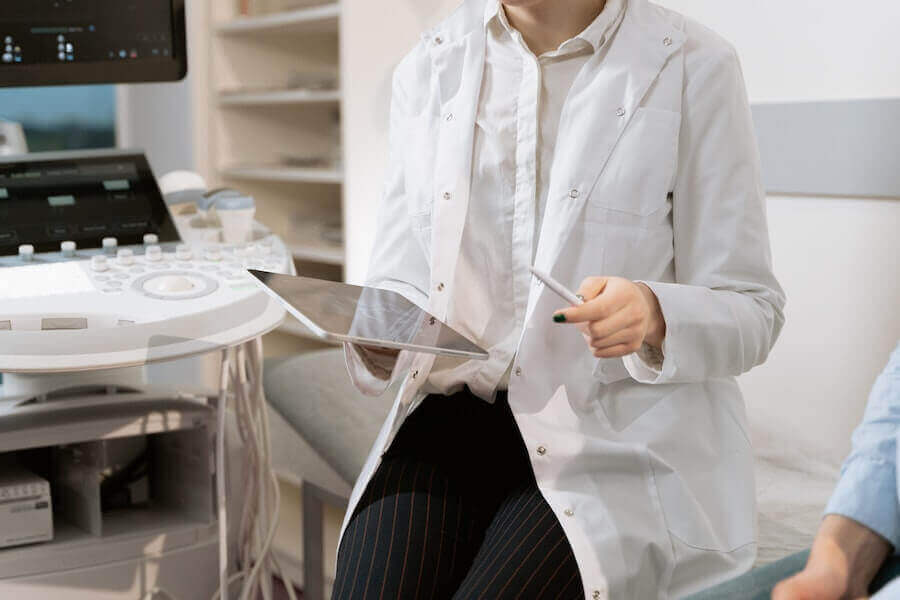Vulvar itching can be a frustrating and uncomfortable experience, and it’s commonly associated with vaginal inflammation, particularly in cases of Vaginal Candidiasis (VVC). However, it’s essential to understand that vulvar itching isn’t always a result of inflammation. In this article, we’ll explore various causes of vulvar itching, including non-infectious factors such as dermatitis, eczema, and allergic reactions, and discuss how to approach its treatment effectively.
Understanding the Causes of Vulvar Itching: It’s Not Always Inflammation
Vulvar itching doesn’t always indicate a specific inflammation related to obstetrics and gynecology. Often, it can be attributed to non-infectious factors, such as dermatitis of the vulva, eczema, or allergic dermatitis. It’s crucial to consider these possibilities when dealing with vulvar itching.
Effective Approaches to Vulvar Itching: Treating Beyond Antibacterial Drugs
When vulvar itching isn’t linked to bacterial infections, standard antibacterial drugs may not be the solution. In such cases, a holistic approach can offer relief. Here are some strategies to consider:
- Dietary Adjustments: Reducing the consumption of spicy foods, which can exacerbate inflammation.
- Consult a Healthcare Professional: If you’re experiencing persistent vulvar itching, it’s essential to consult a healthcare provider. They can accurately diagnose the underlying cause and provide targeted treatment.
Avoiding Self-Medication: Over-the-Counter Solutions May Not Be the Answer
It’s a common misconception that over-the-counter medications for vaginal issues will always provide relief. However, self-medication without a proper diagnosis can sometimes worsen the condition. Here’s why it’s important to consult a healthcare professional:
- Proper Diagnosis: A doctor can accurately determine the cause of your vulvar itching.
- Targeted Treatment: With a precise diagnosis, you can use medication tailored to your specific condition for better results.
Conclusion: When Itching Persists, Consulting a Professional Matters
In summary, vulvar itching can have various causes, and it’s not always linked to vaginal inflammation. To find the most effective treatment and alleviate discomfort, it’s crucial to consult a healthcare professional who can provide a precise diagnosis and recommend appropriate remedies. Don’t hesitate to seek medical guidance when dealing with vulvar itching for a more comfortable and healthier experience.
References:
- Bachmann, G. A., & Nevadunsky, N. S. (2000). Diagnosis and treatment of atrophic vaginitis. American Family Physician, 61(10), 3090-3096.


